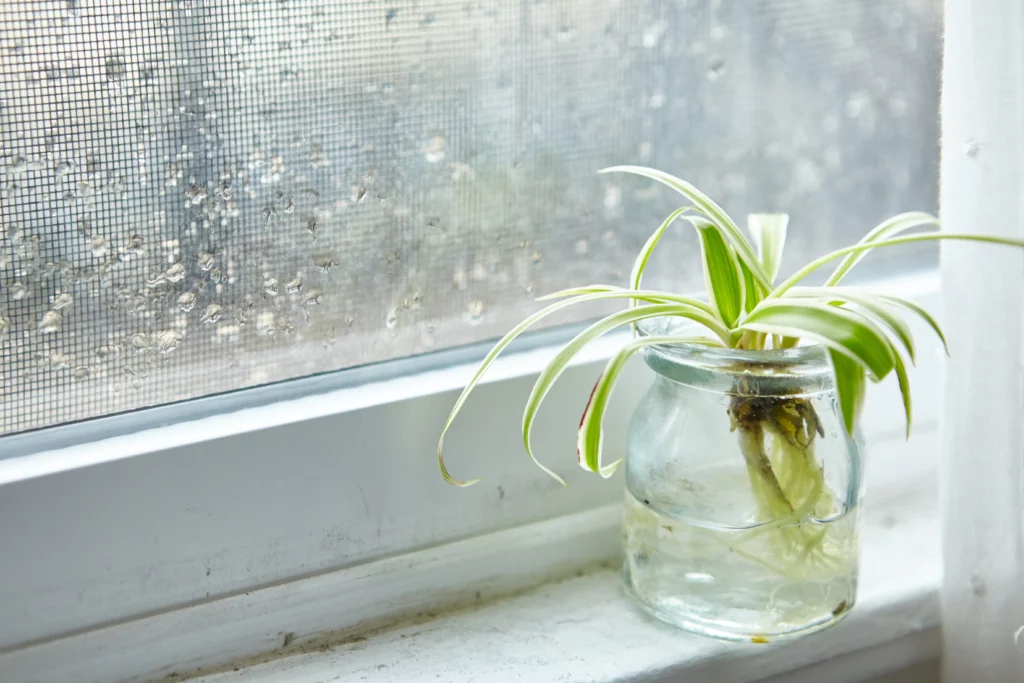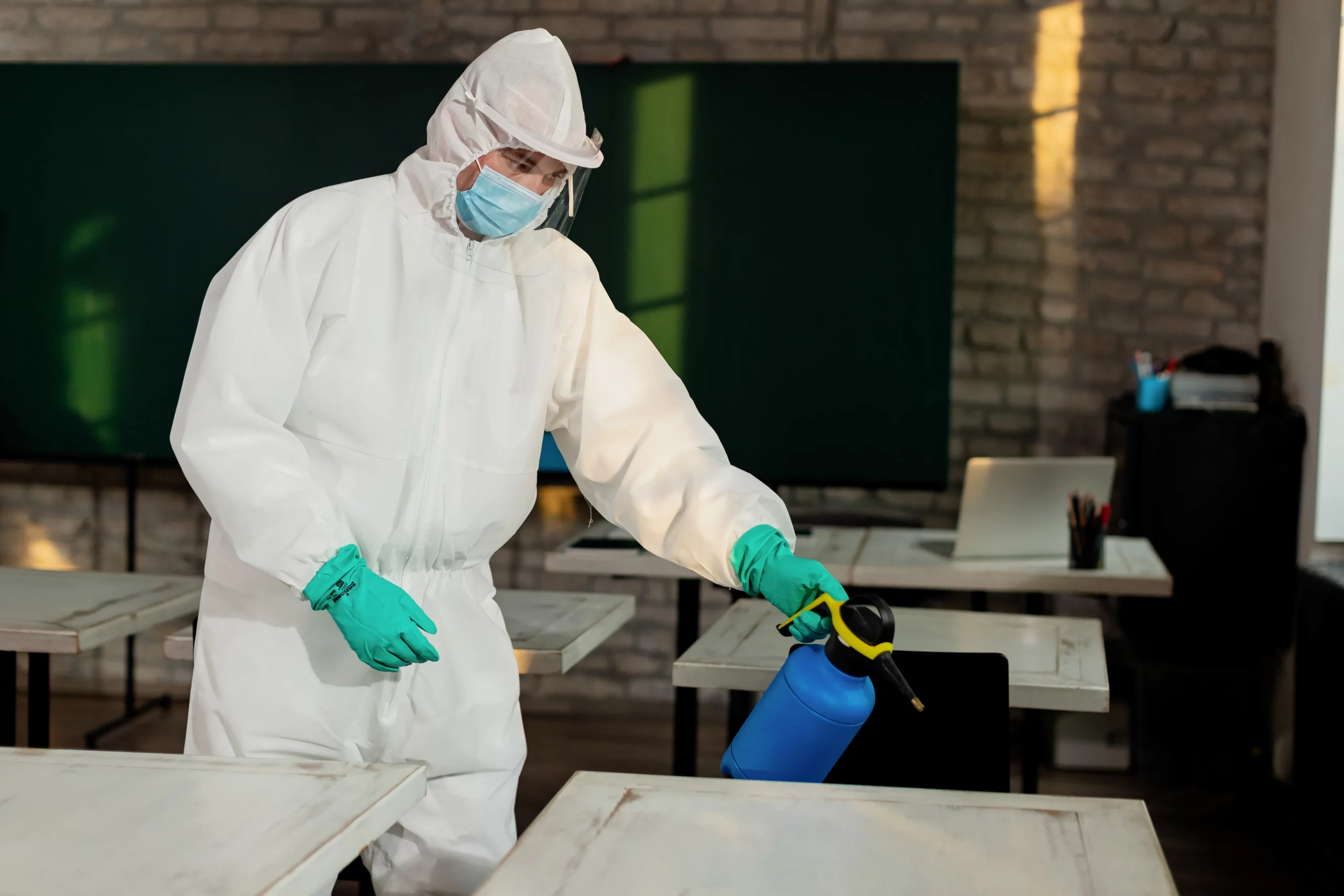Are you concerned about the air quality in your basement? If you’re wondering How to improve basement air quality, you’ve come to the right place. Basically, Basements are used as storage areas, recreational spaces, or living spaces. It’s very common for people to be careless when it comes to cleaning their Basements.
Air quality in your basement plays a vital role in overall air quality in your home. If you neglect it then many problems like musty odors, mold growth, and circulation of pollutants can occur.
In this article, we will explore the guidelines and tips about How to improve basement air quality, for a clean and healthy space for you.
Contents
How to improve basement air quality?
Many health issues can occur due to poor air quality. Improving your basement’s air quality is very important. A fresh and clean inner environment is very important for our health and the air in which we breathe is very important for our health.
Because Basements are below the ground level so there are very air quality challenges. Various pollutants are found in basements, such as mold, mildew, and radon gas. It’s very important to know how to improve basement air quality for a healthy home and life. Basement air quality can be improved in simple ways. Let’s take a look at these ways.
Understanding the Causes of Poor Basement Air Quality
First of all, we have to understand the causes of poor air quality in basements.

Moisture and Humidity
High humidity levels and excessive moisture are common factors for bad air quality in basements. The moist environment in basements can lead to mold growth, musty odors, and an unhealthy environment. Through cracks within the floor, moisture can enter the foundation or from the unsuitable air flow, creating an ideal breeding floor for mold and mold.
Poor Ventilation
The issue of bad air quality in the basement can be caused by a poor ventilation system. Basements have limited air circulation, especially if there are no proper ventilation systems and windows. Allergens, pollutants, and stale air can accumulate without a proper air circulation system which causes different health problems.
Radon Gas

Radon is a radioactive gas that could seep into basements from the soil below. It’s an invisible, and odorless gas, which makes it difficult to detect without proper testing.
Prolonged exposure to excessive levels of radon can cause lung cancer, so it is important to address this problem for a more healthy basement environment.
Tips For How To Improve Basement Air Quality
Following are some tips you can implement to improve basement air quality.
1. Control Moisture and Humidity
- Use a dehumidifier to lessen extra moisture. Empty and clean the dehumidifier regularly.
- Repair any leaks or cracks within the foundation walls and ground to prevent water Leakage.
- Install a sump pump if your basement is prone to flooding.
- Make sure proper grading around the house directs water away from the foundation.
2. Enhance Ventilation
- For proper circulation of the air in the basement use fans. Portable or Ceiling fans can help you to improve air circulation and prevent stagnation in the basement.
- Open the window to promote proper airflow whenever possible. If there is no window in the basement install an exhaust fan or vents.
3. Address Radon Gas
- Regularly test radon gas levels in your basement. Randon test kits are easily available in markets and very easy to use. Consult a professional for radon mitigation if high levels of radon gas are detected.
4. Clean and Maintain Regularly
- To prevent the circulation of pollution, clean or replace the air filters in your HVAC system.
- It’s very important to clean the basement regularly to remove dirt, dust, and allergens. Vacuum the floor with a HEPA filter and mop with non-toxic cleaners.
5. Use Air Purifiers

- Use an air purifier with a HEPA filter in the basement. It can help to remove odors, particles, and allergens in the air and improve overall air quality.
People also read: Do air purifiers help with dust mites?
Importance of Improving Basement Air Quality
Improving basement air quality is important for several reasons.
Health and well-being: Respiratory problems, allergies, and other health issues can be caused by breathing in contaminated air. You can make your life healthier by improving air quality in the basement.
Preventing Mold and Mildew: You can control the growth of mold and mildew by reducing moisture and humidity level. This not only prevents harm to your belongings but also removes the musty odors associated with those fungi.
Comfortable Living Space: If you plan to use your basement as a living or workspace, it’s very important to have fresh and clean air. Improved air quality enhances productivity, comfort, and overall well-being.
When to Call a Professional

While the tips mentioned above can considerably enhance basement air quality, there are instances when professional help is important:
Extensive Mold Growth: If you notice massive mold growth or suspect hidden mildew in your basement, it’s essential to call a professional mold remediation company.
Persistent Moisture Issues: If you’ve taken steps to control moisture but continue to experience significant dampness or water intrusion, consult a basement waterproofing expert.
Radon Mitigation: If your radon test indicates high levels of radon gas, it’s essential to hire a professional radon mitigation contractor to ensure effective mitigation.
Conclusion
In conclusion to the query about How to improve basement air quality keep these things in mind. Improving basement air quality is very important for a healthy and comfortable environment. You can significantly improve the air quality in your basement by addressing the causes of poor air quality, controlling moisture and humidity, enhancing ventilation, and addressing radon gas.
Regular cleaning and maintenance, along with the use of air purifiers, also contribute to a cleaner and fresher basement atmosphere. Remember, if you encounter severe mold growth, persistent moisture issues, or high radon levels, it’s best to seek professional help for optimal results.






0 Comments